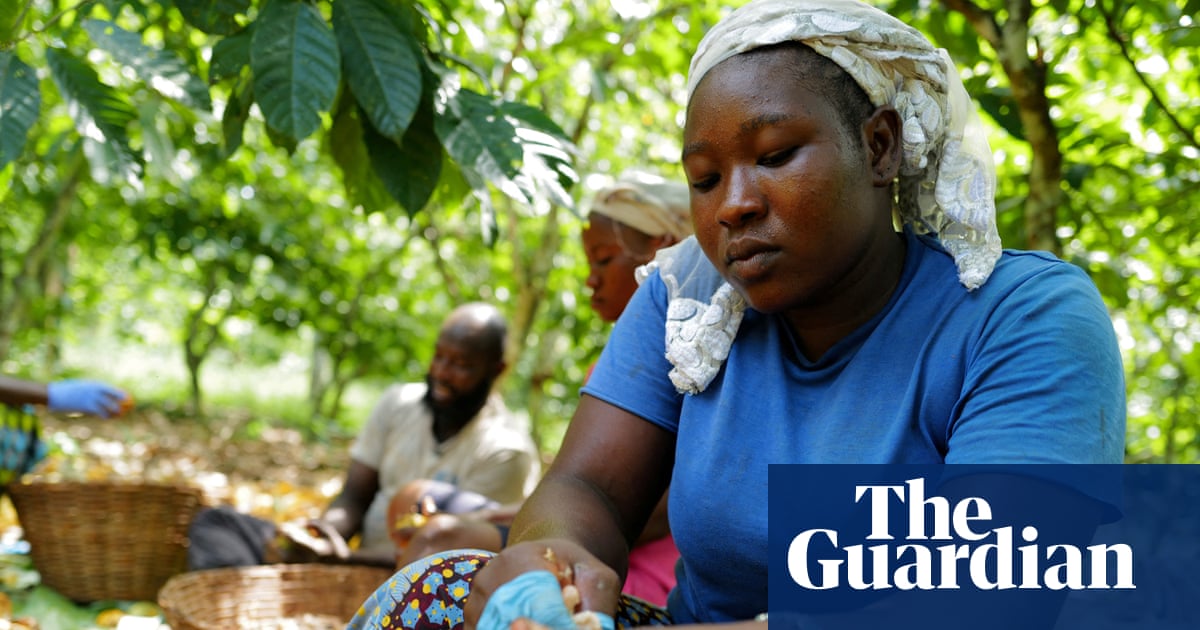Climate change-induced food price shocks are on the rise and could lead to more malnutrition, political upheaval and social unrest as the world’s poorest are hit by shortages of food staples.
New research links last year’s surges in the price of potatoes in the UK, cabbages in South Korea, onions in India, and cocoa in Ghana to weather extremes that “exceeded all historical precedent prior to 2020”.
Such price jumps not only affect local food security and health, particularly for the poorest in society, but have knock-on effects around the world.
Unprecedented monthly temperatures in February 2024 after drought in late 2023 and early 2024 across Ghana and Ivory Coast, where 60% of the world’s cocoa is grown, led to global prices for the commodity spiking by 300%.
The high price of staples can have an impact on public health as low-income households cut back on expensive fruit and vegetables, according to the report from a team including the UK’s Energy & Climate Intelligence Unit (ECIU), the European Central Bank (ECB), the Food Foundation, the Barcelona Supercomputing Center and Potsdam Institute for Climate Impact Research.
The study investigated examples across 18 countries between 2022 and 2024 where price spikes were associated with heat, drought and heavy precipitation.
It found food price spikes can have a wider economic impact, making it harder for economies to keep down overall inflation and so, for example, bring interest rates down. A hot dry spring in the UK this year, for example, partly drove unexpectedly high UK inflation figures published last week, dampening expectations for further interest rate cuts this summer.
The report also suggests “high rates of inflation can directly alter election outcomes in modern democracies”.
Maximilian Kotz, a Marie Curie postdoctoral research fellow at Barcelona Supercomputing Center and the lead author of the report, said: “It is clear the cost of living played a role in last year’s election in the US.”
He added: “These effects are going to continue to become worse in the future. Until we get to net zero emissions extreme weather will only get worse, but it’s already damaging crops and pushing up the price of food all over the world.
“People are noticing, with rising food prices No 2 on the list of climate impacts they see in their lives, second only to extreme heat itself.
after newsletter promotion
“Sadly, when the price of food shoots up, low-income families often have to resort to less nutritious, cheaper foods. Diets like this have been linked to a range of health conditions like cancer, diabetes and heart disease.”
Raj Patel, a research professor in the Lyndon B Johnson School of Public Affairs at the University of Texas at Austin, said: “Food price inflation is always political.”
For example, people in Mozambique took to the streets when the price of bread shot up after extreme heat in Russia, a big wheat producer, prompted the country to block exports to protect meagre supplies in 2010 meaning the price of wheat soared globally.
The research is published ahead of the UN Food Systems Summit Stocktake on 27 July, where world leaders will meet to discuss threats to the global food system.
